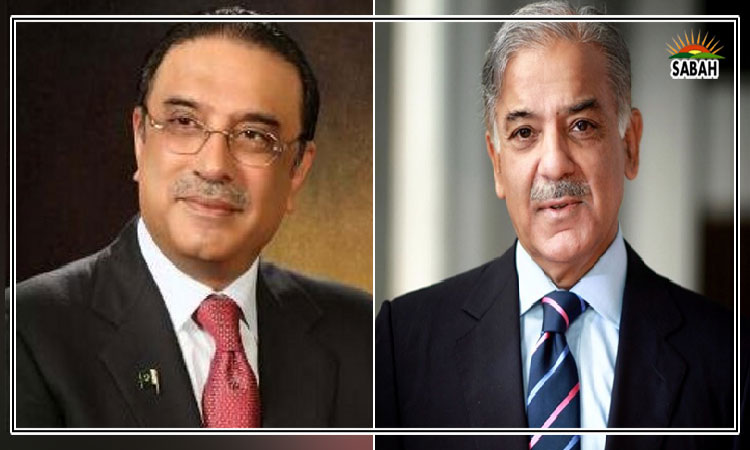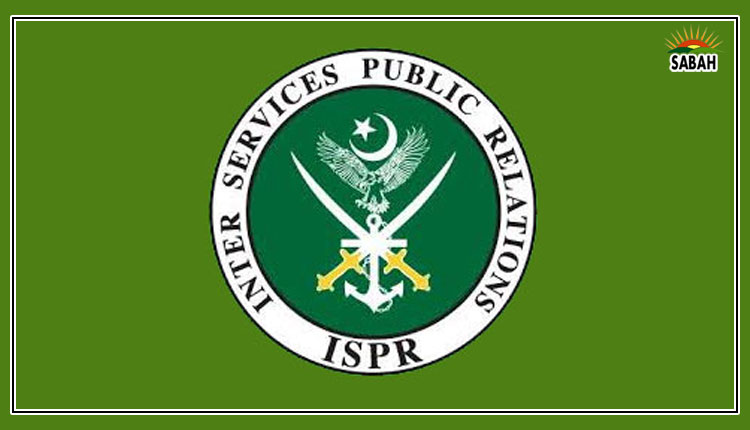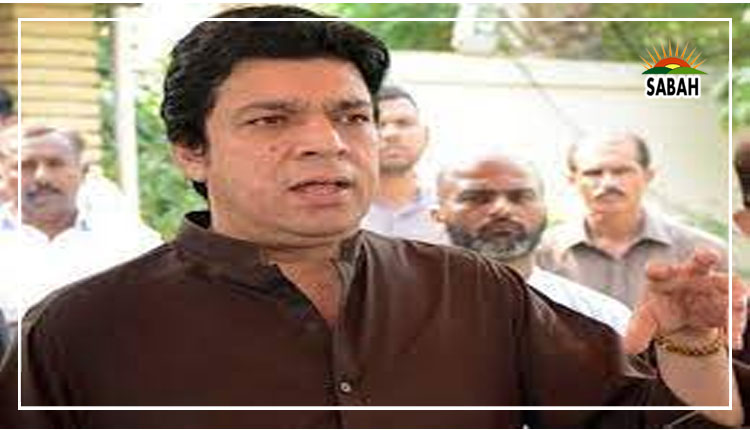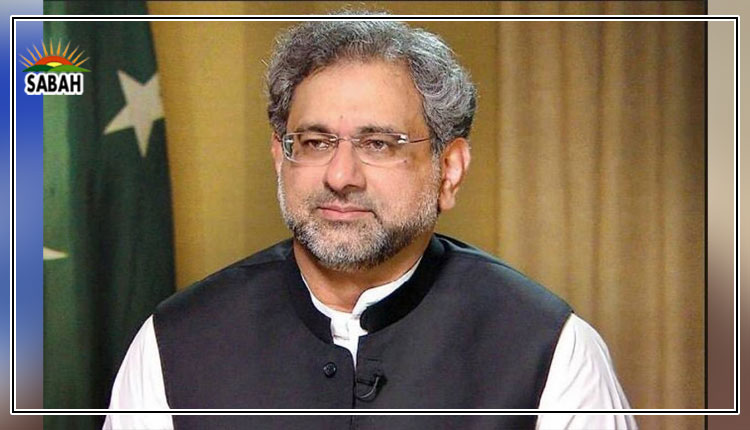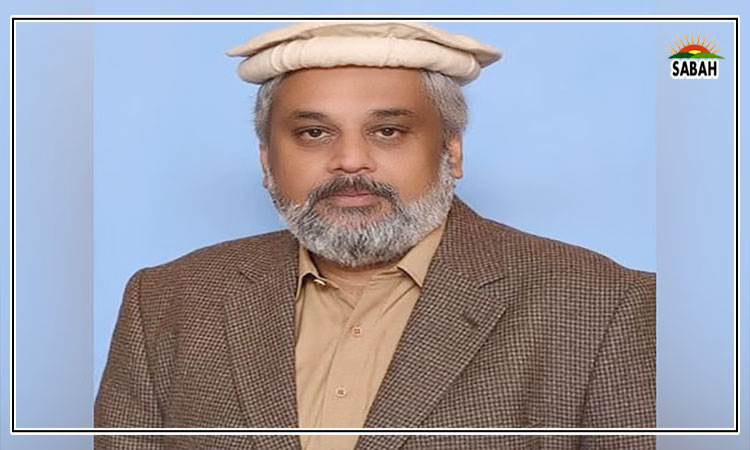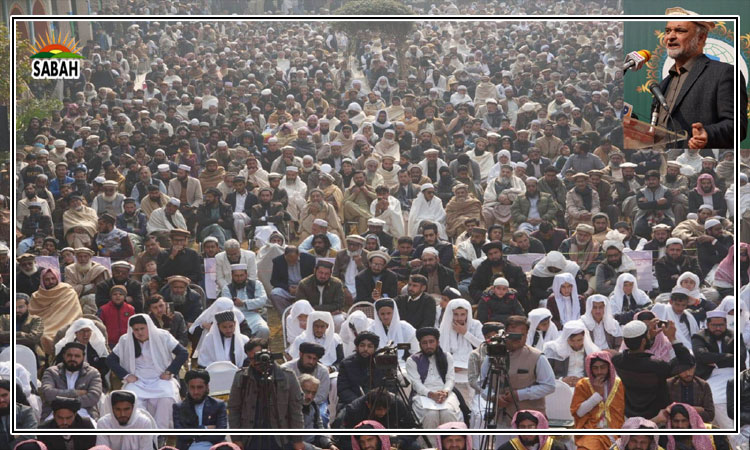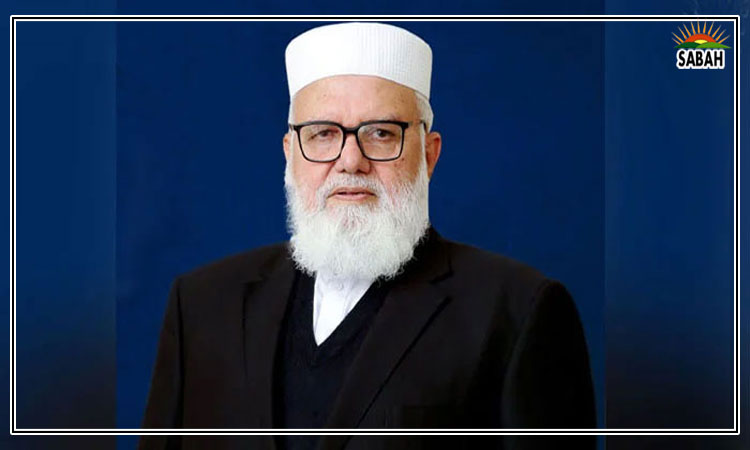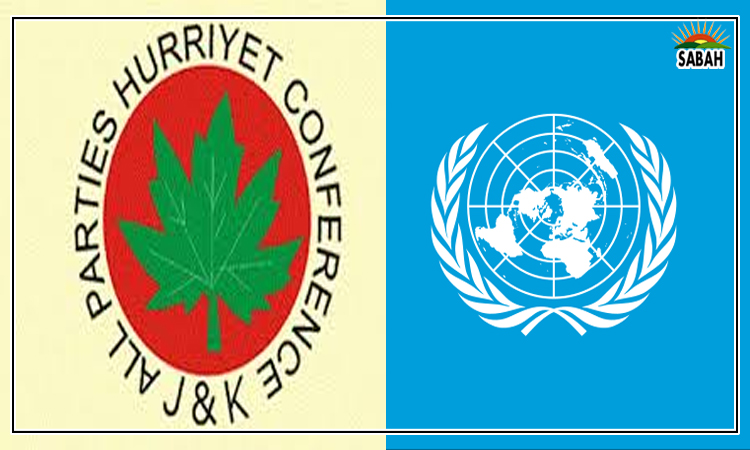Going beyond austerity…Abdul Sattar
The recent announcement by President Asif Ali Zardari to forgo his salary is worth appreciating. It is equally heartening to see that Prime Minister Shehbaz Sharif is determined to cut down on government expenses.
The prime ministers decision to ban unnecessary foreign visits of ministers, secretaries and other government officials is a positive step. It has been decided that the president will travel in first class while the prime minister, services chiefs, ministers and other staff members will travel in business class.
It is safe to assume that this may reduce government expenses. However, believing that this exercise would yield any substantial result is unrealistic. Such measures were taken in the past as well but did not turn out to be helpful. For instance, during his tenure as a caretaker prime minister, the late Malik Meraj Khalid refused to take a large fleet of cars for his protocol and preferred maintaining a low profile. Former prime minister Imran Khan also claimed to work against lavish spending by government ministers, advisers and bureaucrats.
His government opened the Prime Minister House for media persons to create the impression that the government of Nawaz Sharif spent tax money extravagantly. TV anchors took a tour of the PM House, exposing the alleged luxurious lifestyle of the elected chief executive in a bid to make people dislike the residents of the countrys top house.
Khans government also auctioned a number of belongings of this house to drastically reduce expenses but it was reported that they ended up spending more money on helicopter journeys and rent accrued on VVIPs vehicles which were taken from the open market. In addition to that, they wasted precious time of people and government officials in orchestrating this farce which was meant to tarnish the image of the previous government and boost the popularity of the pious chief executive.
So, such austerity measures do not have a history of success. If parliamentarians feel that they should do something for this nation, they have the option of refusing to take salaries and forego perks and privileges. Most parliamentarians are not from the bottom layer of social stratification. Even those who are from relatively poor backgrounds usually have a steady income that enables them to at least contest expensive elections albeit with the help of their friends and comrades.
President Zardari, Nawaz Sharif, PM Shehbaz, Bilawal, and a number of other politicians are extremely wealthy. Critics claim that their lifestyle indicates that they have been basking in extreme wealth and opulence. All of them own extensive properties and run businesses either directly or indirectly. Almost all parliamentarians have their personal or family vehicles.
The country has over a thousand members in the National Assembly, Senate and provincial legislatures. If these public representatives voluntarily stop drawing their salaries and sacrifice their perks and privileges, the national exchequer might be in a position to save billions of rupees over five years. If parliamentarians make such sacrifices for a long time, it might go some way in reducing government expenses.
While this would not be significant savings, the money can be used to help regions like Gilgit-Baltistan, Azad Jammu and Kashmir and Balochistan. It is also important for our leaders to understand that drastic economic and financial measures can help the government make budget cuts in a true sense. For instance, circular debt is one of the top three burdens on the national budget. The debt is wreaking havoc on our economy. There is a need to renegotiate with independent power producers.
States all over the world have leverage over the capitalist class. China reined in its ever-mighty business tycoons, forcing them to understand the countrys compulsions as well. Pakistan can do the same, but instead of employing sledgehammer tactics, the government should engage them in talks and find an exit from this monstrous trap of circular debt.
Given the precarious security situation, it might not be possible to drastically cut down the defence budget, but non-combatant expenses must be slashed. The civil and military leadership need to explore ways to make such reductions.
According to a World Bank report, the Pakistan government has been spending Rs328 billion yearly on the devolved ministries for years now. The country witnessed the emergence of new divisions and departments after the landmark legislation. Such development has added to our financial burden. Therefore, it is important that the government used this whopping amount for the revitalization of public-sector entities turning them into profit-oriented concerns.
In the past, the governments efforts helped the Pakistan Steel Mills run at over 60 per cent capacity. The state should explore the possibility of raising the productive capacity of the mills that provided jobs to tens of thousands of people in the past.
Similarly, Pakistan Railways, PIA and other state entities could be the biggest sources of employment and revenue generation if the elements of conflict of interest are controlled and sincere efforts are made to restore the lost glory. Such employment will benefit our youth who seem to have lost all hope for a better life in Pakistan. This might also prevent the brain drain that has been sapping the technical foundations of the country.
Given the IMFs conditions, restrictions on imports cannot be placed but the state can invest in public transport that could drastically reduce our fuel bills. The country has more than 20 million vehicles, half of them motorcycles. This costs us dearly. Instead of letting three million people use three million cars, we should use tens of thousands of buses to transport these people. This could greatly help us save on fuel, which is imported. If imports cannot be ignored, we should prefer Iran for the import of fuel which might greatly reduce our freight charges.
In the same way, if IPPs are costing us a lot then efforts must be made to import electricity from Iran and other regional countries if their tariff is reasonable. No power project should be undertaken that is heavily reliant on imported fuel or other items. Schemes like free laptops should also be halted.
All provincial governments love to establish state-of-the-art hospitals, but this also involves importing the latest machinery. This is often done without proper staff training. Consequently, some of these expensive machinery develop technical faults. If investment is made into preventive care, such expensive machinery will not be needed.
Instead of sending Pakistanis on scholarships to foreign countries, the country needs to upgrade its universities and higher education institutions. A far less amount could be used to employ excellent academics than the amount we spend on rewarding private universities inside the country and abroad. More campuses of universities and medical colleges should be set up to attract those students who go abroad to get higher education. Similarly, improvement of state-run schools can prompt many from the middle and low-middle classes to send their children there instead of paying hefty amounts to institutions that are affiliated with Western countries.
Such measures may not even require any legislation. It is only the administrative authority of the federal and provincial governments that has to be employed. Political will is also important for these measures as some of these might require collective efforts, but this is what the purpose of our parliament and provincial legislatures is. It is time we achieved some tangible results that are difficult to obtain without drastic policy shifts.
Courtesy The News




